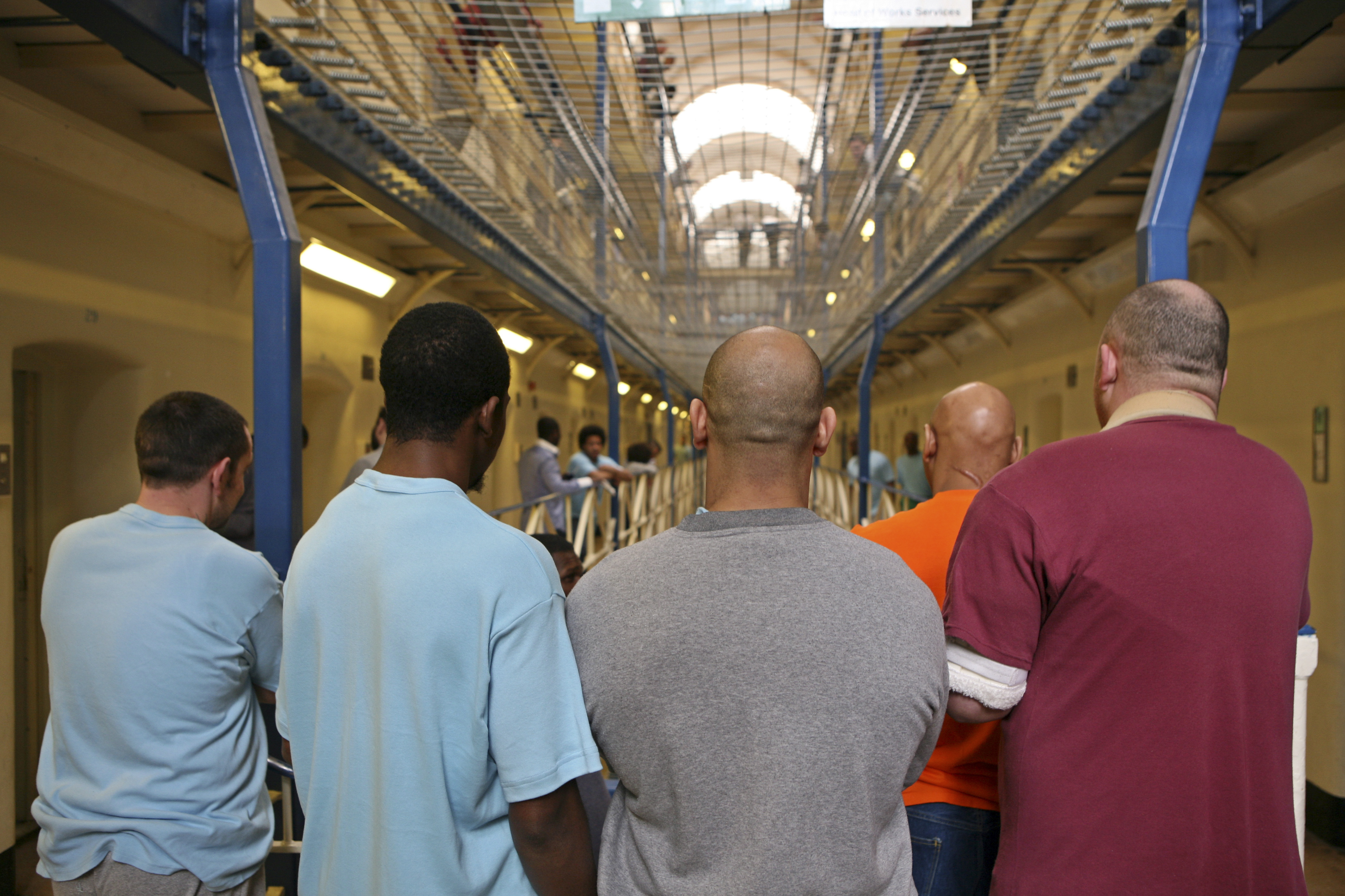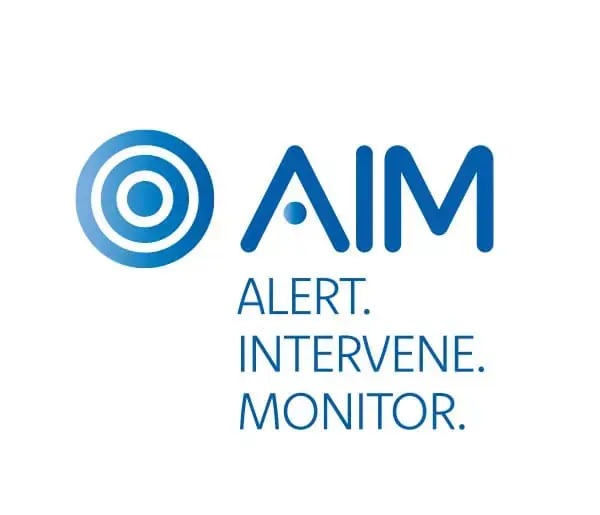Part Two: Designing Ethical AI for Public Good
By Unilink on 10-Sep-2025 14:42:12

In high-stakes environments like justice, technology must go beyond basic functionality to earn trust and serve the public good through transparency and fairness. As Artificial Intelligence (AI) becomes embedded in justice services, the conversation must start with AI transparency, ethics and the accuracy of output. Without an ethical and transparent approach, AI will fail to make a serious contribution to the operation of justice.
Principles first
Unilink has been investigating the use of AI for over two years and we have always been guided by an ethical and transparent framework. How does the AI make decisions? What biases exist and how are they countered? AI cannot be considered for serious areas such as criminal justice without this framework. Even then, we view AI not as a replacement for professional judgment but as a mechanism to enhance it. Every AI-enabled product we develop must be explainable and auditable, and meet the normal business standards of GDPR, ISO 27001, Cyber Essentials Plus and Ministry of Justice digital service guidelines.
We design our systems to make the reasoning behind AI-generated outputs clear and traceable, ensuring human oversight remains active throughout. The operation of AI is logged to maintain accountability and security is built in at every level through multi-factor authentication, role-based access controls and encryption of sensitive data both in transit and at rest. Crucially, human involvement continues to guide all significant decisions, keeping professional judgment at the centre.
Real-world impact
Our partnership with Professor Theo Damoulas at the University of Warwick is central to our ethical AI strategy. This collaboration focuses on developing explainable models trained on large-scale justice system data. These models are designed to uncover behavioural signals that could indicate risk, inconsistency and opportunities for intervention, all while ensuring transparency and accountability in how insights are generated and used.
Our work includes rehabilitation and risk modelling and detecting behavioural trends. For example, if an individual begins disengaging from support programmes, the system could raise a flag for early intervention. Conversely, consistent positive behaviour could be recognised to inform decisions about incentives or progression.
Embedding AI Internally
AI is not only transforming our products, it is changing how we operate internally. Our development teams report productivity improvements of over 30% using tools that support coding, documentation and testing. Other departments, including HR and business development, are using AI to process applications and produce content more efficiently.
To encourage adoption, we have introduced an internal framework that recognises and rewards AI proficiency. Staff are supported to build confidence with new tools, and those leading the way are designated as AI Champions to help others upskill.
Supporting, not replacing, people
We are clear that AI is a support layer, not a substitute for people. In justice, decisions carry serious consequences, and the human element is irreplaceable. Our goal is to provide staff with better tools that help them focus on what matters most, which is supporting individuals, ensuring safety and improving outcomes.
Where resistance arises, we treat it as an opportunity to listen. Not everyone is comfortable with rapid change, so we provide clear explanations of how the technology works and where the guardrails are. Over time, this builds trust and increases confidence. Today, all Unilink staff use AI, and we are proud of the adoption achieved. As a company that depends on innovation, AI is vital to our future.
Shared responsibility and progress
Justice has often lagged behind other public services in adopting modern technology, but we now have the opportunity to lead with intention. Ethical AI is not about gaining a competitive advantage but about building systems that reflect the values of fairness and accountability.
If you are working in justice and exploring how AI can improve decision-making or service delivery, we would welcome collaboration. By working together, we can ensure that justice technology remains not only effective but also principled.
You May Also Like
These Related Stories

Part One: AI as Infrastructure for Fairer Justice

Gary Monaghan talks Digital Prison, Self-Service and Improving Prisons

-1.png?width=2000&height=519&name=Unilink%20-%20full%20colour%20with%20strapline%20(1)-1.png)